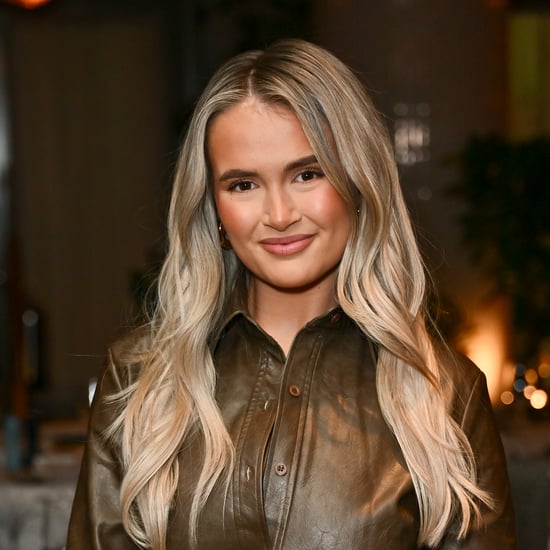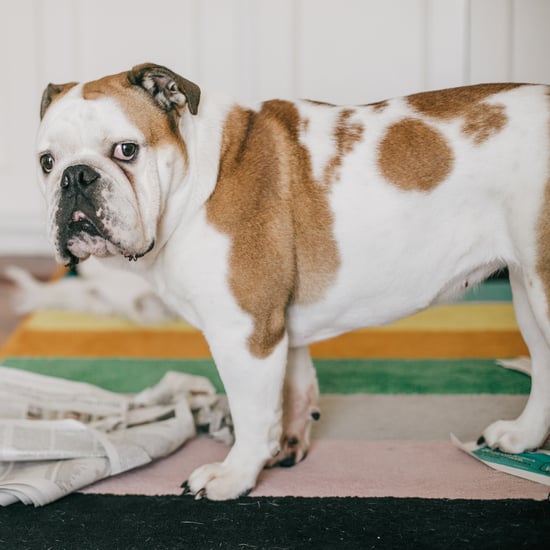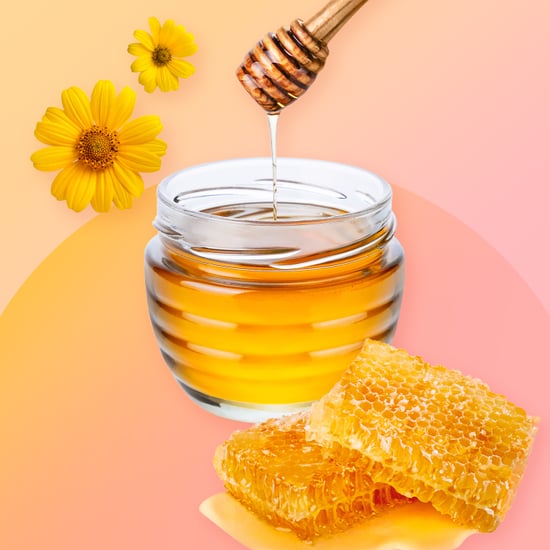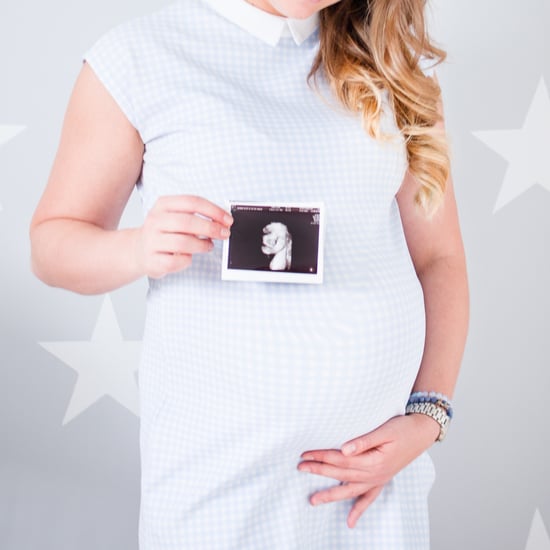Alanis Morissette Speaks on Postpartum Depression Returning
Alanis Morissette Perfectly Explains How Postpartum Depression Can Return Despite Preparing For It
Alanis Morissette had her third baby three months ago, and like clockwork, she began her third bout with postpartum depression.
In an immensely revealing blog post, the singer – mom to Ever, 8, Onyx, 3, and Winter, 3 months – once again opened up about her struggles with PPD, calling it "a sneaky monkey with a machete," and she detailed how she did her best to prepare for it this time around.
"There is so much more support this time," she noted. "I knew better so I set it up to win as much as I could beforehand. Support. Food. Friends. Sun. Bio-identical hormones and SSRIs at the ready."
She continued: "Some parts of the care-prep has been a godsend, and well-planned, but for all of this preparation, PPD is still a sneaky monkey with a machete – working its way through my psyche and body and days and thoughts and bloodwork levels."
Despite having her "eye on that prize," many of PPD's hardest symptoms were all but unavoidable.
"I wasn't sure if I would have postpartum depression/anxiety this time around," she wrote. "There are so many tentacles to this experience . . . Hormonal. Sleep deprivation. Fogginess. Physical pain. Isolation. Anxiety. Cortisol. Recovery from childbirth (as beautiful and intense as mine was at home, dream birth). Integrating new angel baby with older angel babies. Marriage. All kinds of PTSD triggers. Overstimulation. This body. Attempting to crawl back to some semi-recognisable configuration."
The saving grace to having suffered through this difficult period before?
"All this said: I have been here before. I know there is another side."
Having gone through it twice before, she is now more determined than ever to shatter the stigma surrounding PPD and spotlight the women who enter into motherhood knowing the hardship they'll have to endure to do it.
"This is the epicentre. This is where it all begins. This is where the fabric of our culture, of our world, is crafted . . . Wouldn't it be cool if we treated all postpartum moms and families with this awareness and honour? Even if the treadmill of the quickening of our culture didn't change pace, that there might be a life raft of empathy toward the feminine life-givers who bear it all and give more than words can even begin to touch on."
She ended her moving essay with a note, seemingly to all the other women on a similar journey: "I am here. With you. We're not alone."






